READY TO GET STARTED?
REQUEST A FREE ESTIMATE
Fill out the form below or call (336) 226-1448 for a free, no-obligation estimate.
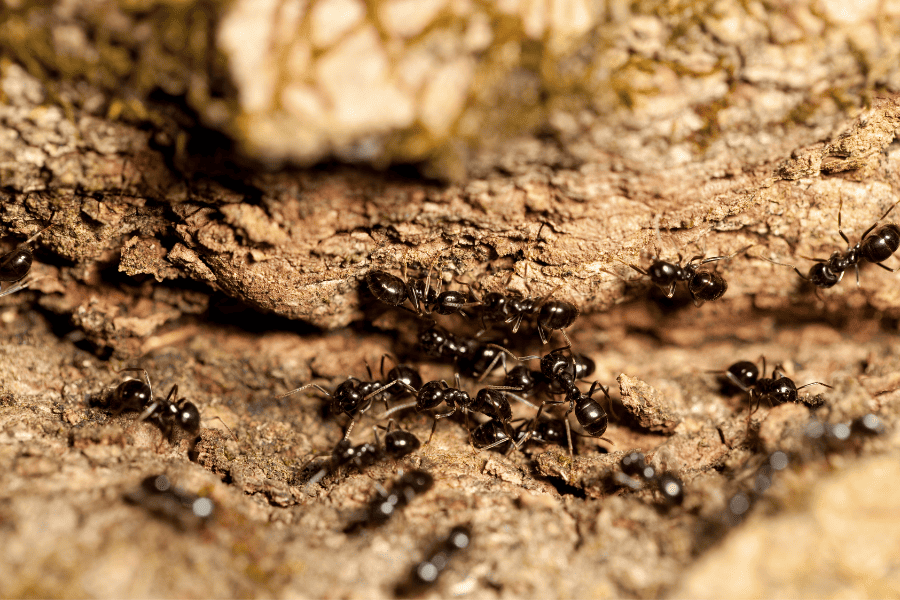
Ant infestations are a common nuisance in North Carolina homes due to the state’s warm climate and humidity. Though these tiny invaders may seem harmless at first, they can quickly become a serious issue, contaminating food, damaging property, and even causing allergic reactions. Whether you’re a long-time homeowner or new to the area, preventing ant infestations is key to maintaining a comfortable and pest-free home.
This guide covers practical, eco-friendly tips to protect your home from ants. From natural deterrents to professional pest control services, here’s everything you need to know to keep your space ant-free.
Understanding why ants are a concern in North Carolina is the first step in preventing them. The state is home to several common species, including fire ants, odorous house ants, and carpenter ants. Fire ants can inflict painful stings, while carpenter ants can damage your home’s structure by tunneling through wood. Odorous house ants are notorious for contaminating food and leaving behind a foul odor when crushed.
With such a wide variety of ants, effective prevention is crucial for both the health of your family and the integrity of your home.
Ants can invade your home through even the smallest cracks. Be on the lookout for these common entry points:
Sealing cracks and gaps is a simple yet powerful way to prevent ants from entering your home.
Small repairs like these can go a long way in limiting ants’ access to your home.
Ants are primarily attracted to food sources. Keeping your home spotless will discourage them from entering.
Extra attention in kitchens and pantries is key, as these areas are particularly appealing to ants.
Eco-conscious homeowners can take advantage of natural, pet-friendly repellents that are both effective and less-toxic for the environment.
Moisture is another attraction for ants. Keep your home dry to deter infestations.
Proper moisture management benefits not only ant prevention but also helps keep termites and other pests at bay.
For pet owners, using non-toxic pest control solutions is essential. Traditional pesticides can be harmful to pets, so here are some healthier alternatives:
By prioritizing pet-friendly methods, you can eliminate ants without jeopardizing your pets’ health.
DIY solutions work for mild cases but professional pest control may be necessary for severe infestations.
Working with experienced pest control providers ensures that your home remains protected without harming your loved ones or the local ecosystem.
When selecting a pest control provider, ask the following questions to ensure they align with your values:
These questions will help you find a pest control partner that is committed to your well-being and environmental responsibility.
Preventing ant infestations requires a proactive approach, including sealing entry points, keeping your home clean, and using natural repellents. For more stubborn infestations, partnering with eco-friendly pest control professionals ensures the job is done effectively and with less-toxic chemicals. If you’re ready to take action, contact a professional pest control service in North Carolina to assess and protect your home from ants today.
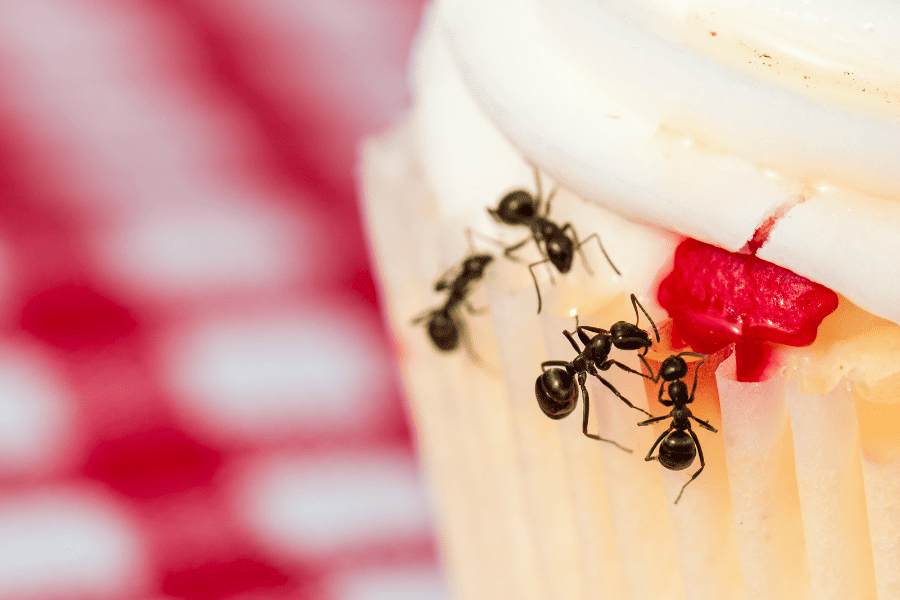
Ants are a common household pest that can quickly become a nuisance if they enter your kitchen or home. Not only are they a nuisance, but they can also contaminate your food and surfaces.
There are many different types of ants, but some of the most common ones found in kitchens include Argentine ants, carpenter ants, and odorous house ants. Argentine ants are small and brown, while carpenter ants are larger and can cause damage to wood structures. Odorous house ants are small and black and emit a strong odor when crushed.
Here are some quick and easy ways to prevent ants from entering your home:
The first step in preventing ants from entering your kitchen is to keep it clean. Ants are attracted to food crumbs and spills, so be sure to wipe down your countertops and sweep or vacuum your floors regularly. Don’t leave dirty dishes in the sink overnight, as this can also attract ants.
Ants can easily access food that is left out in the open, so be sure to store your food properly. Keep your food in airtight containers, and store sweet or sticky foods such as honey and syrup in the refrigerator. Clean up any spills or crumbs immediately to avoid attracting ants.
Ants can enter your home through small cracks and gaps in your walls, floors, and windows. To prevent ants from entering your kitchen, seal any entry points using caulk or weather stripping.
There are several natural remedies that can help deter ants from entering your kitchen. Consider sprinkling cinnamon or cayenne pepper around the perimeter of your kitchen to repel ants. You can also use vinegar or lemon juice to wipe down your countertops and floors, as the acidic scent will deter ants.
If you have tried these do-it-yourself methods and still have an ant infestation in your kitchen, it may be time to call your local professional pest control company. These professionals can identify the source of the infestation and use safe and effective methods to eliminate ants from your home.
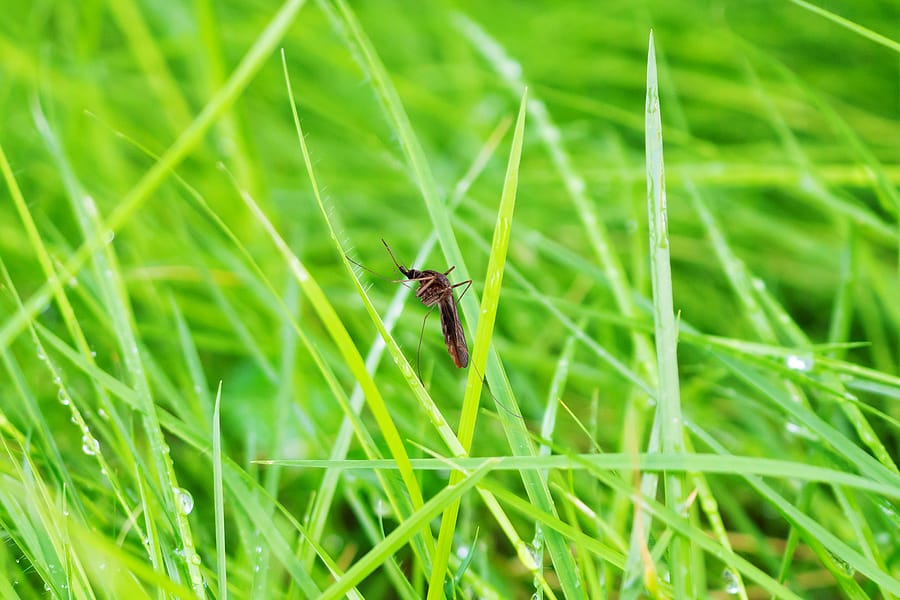
Spring is a time for renewal and growth, but unfortunately, it’s also a time for pests to emerge from their winter hiding spots and wreak havoc on homes and gardens. North Carolina, with its warm and humid climate, is particularly susceptible to pests during spring. Here are some of the most common spring pests homeowners in North Carolina may experience, along with tips on how to prevent and control them.
Termites are a serious problem in the south, and spring is the time when they start swarming in search of new nesting sites. Termites can cause extensive damage to the structure of homes, and if left untreated, can lead to costly repairs. Homeowners should be on the lookout for signs of termite infestations, such as mud tubes, discarded wings, and wood damage. To prevent termite infestations, homeowners should remove any wood debris or stumps near their homes, repair any water leaks or moisture problems, and have regular inspections by a licensed pest control professional.
Ants are another common spring pest in this area. They are attracted to food, water, and shelter and can quickly become a nuisance in homes and gardens. Ants can also cause damage to plants and can even bite humans and pets. Homeowners can prevent ant infestations by keeping their homes clean and free of food debris, sealing cracks and crevices, and trimming plants away from the home’s foundation.
Mosquitoes thrive in warm, humid environments, making the south an ideal location for them to breed. Mosquitoes can transmit diseases such as the West Nile virus and Zika virus, making them a serious health concern. Homeowners can prevent mosquito infestations by removing any standing water around their property, such as in bird baths or clogged gutters. In addition, homeowners can install screens on doors and windows to prevent mosquitoes from entering the home.
Ticks are another common spring pest. They are often found in wooded areas and can transmit diseases such as Lyme disease and Rocky Mountain spotted fever. Homeowners should take steps to prevent tick bites by wearing long-sleeved clothing, using insect repellent, and avoiding tall grass and brush. In addition, homeowners can keep their yards free of debris and trim back any overgrown vegetation to reduce the likelihood of tick infestations.
Cockroaches are a year-round problem, but they become more prevalent in the spring as the weather warms up. Cockroaches can contaminate food, trigger asthma and allergy symptoms, and transmit diseases. Homeowners can prevent cockroach infestations by keeping their homes clean and free of food debris, sealing any cracks or crevices, and reducing humidity levels.
By working with your local pest control company and taking proactive measures, you can protect your home and family from these common spring pests.
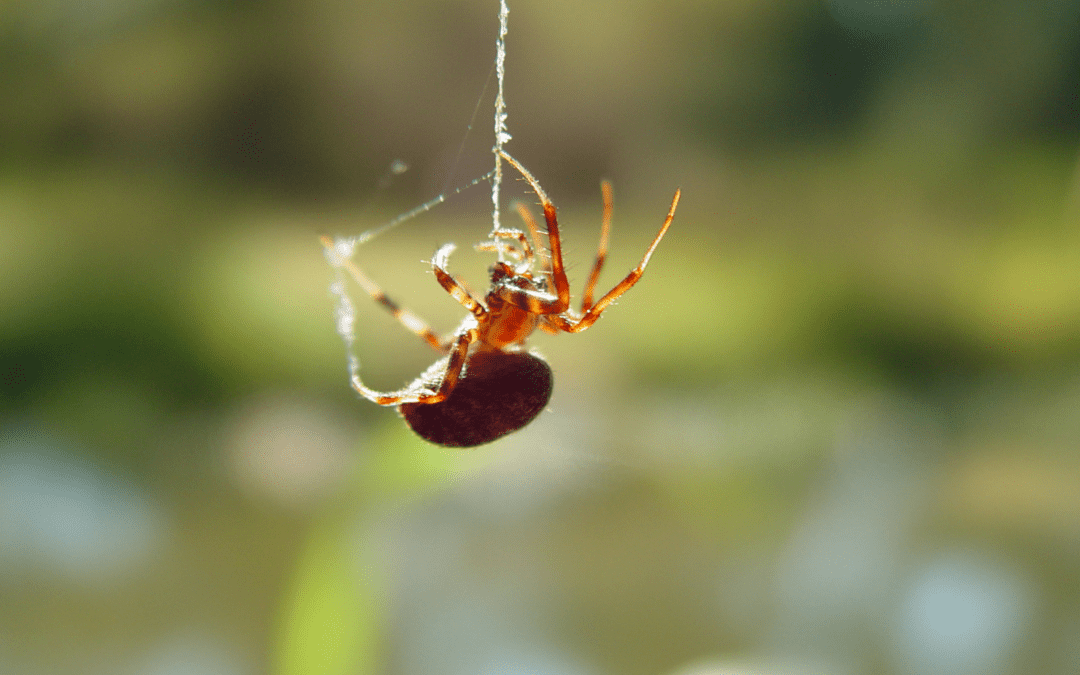
Temperatures are getting cooler and we are starting to spend more time indoors. We aren’t the only ones inside, though. Many pests will appear indoors that weren’t around in the warmer months. Pests found inside are seeking warmer shelter to survive the winter and provide a food source. Let’s break down some common fall pests so you’re better prepared to prevent and treat them.
Fall is the time when leaves begin to fall and temperatures drop, but it’s also when most spiders begin to mate. You might see more spiders than usual indoors due to them trying to find a match. Outside, you may notice large webs around your home. Spiders are known for being beneficial and can reduce the number of other pests around your home, so be mindful when knocking down their webs outside.
Fire ants build large mounds in soil and near structural foundations. They can even find their way indoors through cracks in buildings. When they feel threatened or disturbed, they can cause multiple painful stings and can become aggressive. Fall is the best time to treat fire ant mounds as this is when they’re most active.
Like us humans, rodents are also in search of food and warmth in the cooler weather. Your home can become a welcoming environment for them. Be sure to rodent-proof your home by sealing gaps or openings around your home’s exterior. Keep outdoor vents covered, repair any holes or tears in window or door screens, and install weatherstripping around doors.
You may notice an increase in overwintering pests, such as ladybugs, boxelder bugs, and stink bugs. These types of pests often resist traditional treatments with pesticides, so it’s best to take measures around your home to prevent more from coming inside. They’ll gather near the warmest areas of your home, usually on the south and west-facing sides. In these areas, check for any openings or gaps around windows and doors.
If you notice an influx of pests around your home this fall, reach out to your local pest control company who will provide you with a treatment plan that works best for you and your family.
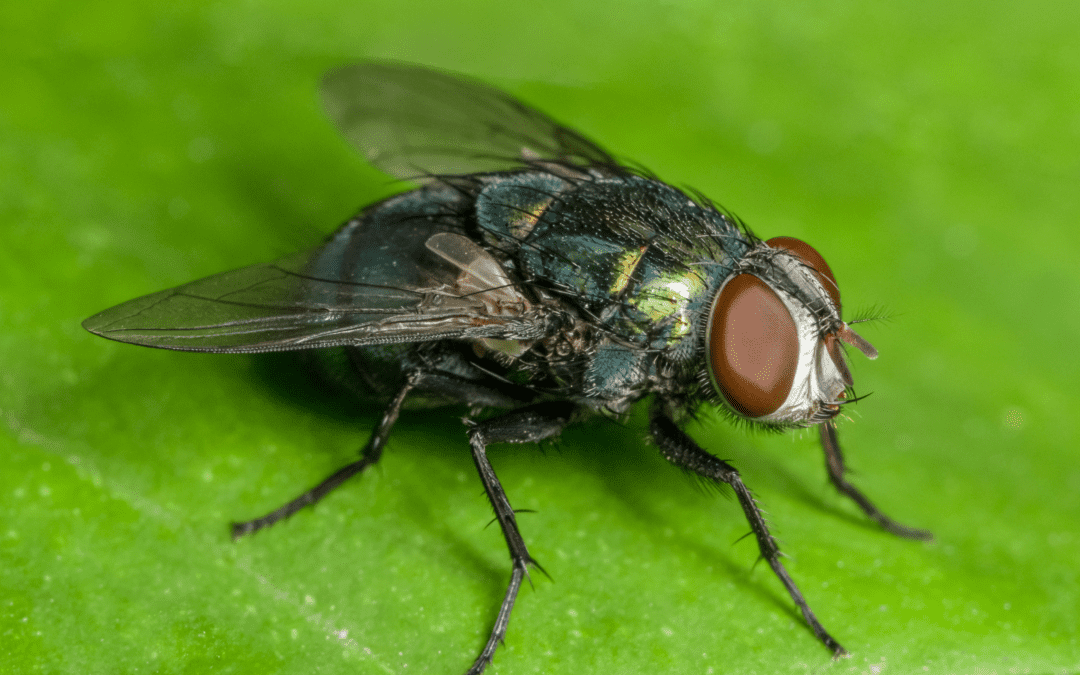
Household pests are any undesired animal that has a history of living, invading, causing damage to, eating food from, acting as a disease vector for, or causing any other harm to a human habitat. While many are just considered a nuisance, some household pests can become dangerous as they pose a risk to health, property, and lifestyle. Also, household pests aren’t just limited to insects. They include arachnids, rodents, and wildlife.
While household pests can be found year-round, some are more common in the summer months. Here are four of the most common summer pests and how you can prevent them.
Mosquito season peaks during the summer months. Mosquitoes are able to reproduce in large numbers due to the warm weather and humid environments that accelerate their life cycle. If you have standing water on your property, you will most likely see mosquitoes since this is where they lay their eggs. Mosquitoes can be dangerous to humans as they carry pathogens that can cause serious diseases such as Zika and West Nile virus.
Mosquitoes can be prevented by:
Ants hibernate in the winter and come out in full force during the summer. Ants are usually seen indoors during the summer because they’re searching for food and water as these can become scarce for them. They are also building up their reserves for the fall and winter months.
Ants can be prevented by:
Termite swarming season is in the spring, but these newly established colonies grow exponentially in the summer. Termites can go long periods of time undetected. This allows them to cause significant damage to your home. It’s important to keep an eye out for signs of termites so you’re able to catch them early.
Termites can be prevented by:
Flies invade your home in the summer months to escape the heat. While they only reproduce during the hotter months, getting indoors allows them to do so even more prolifically.
Flies can be prevented by:
Don’t let these common pests ruin your summer. If you have a problem with any of these pests, contact your local pest control company. They will be able to help eliminate them safely and prevent them going forward.